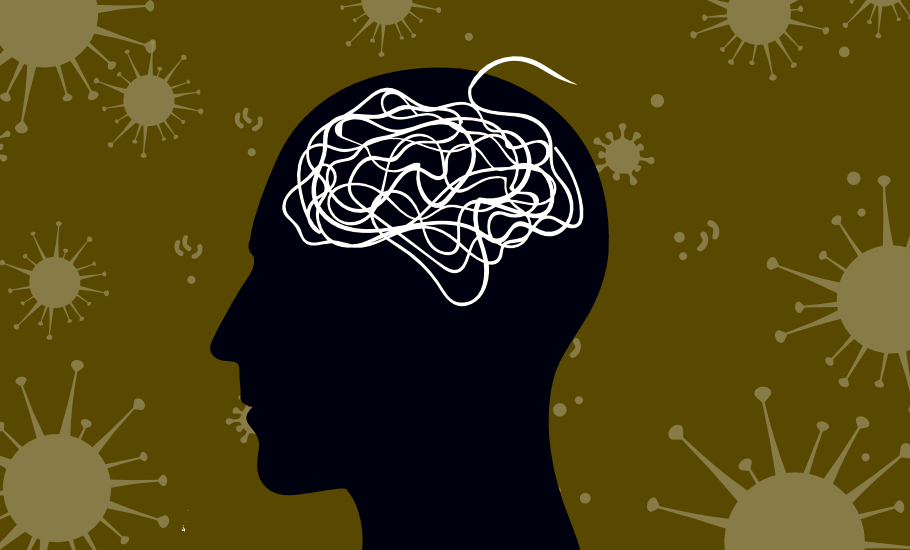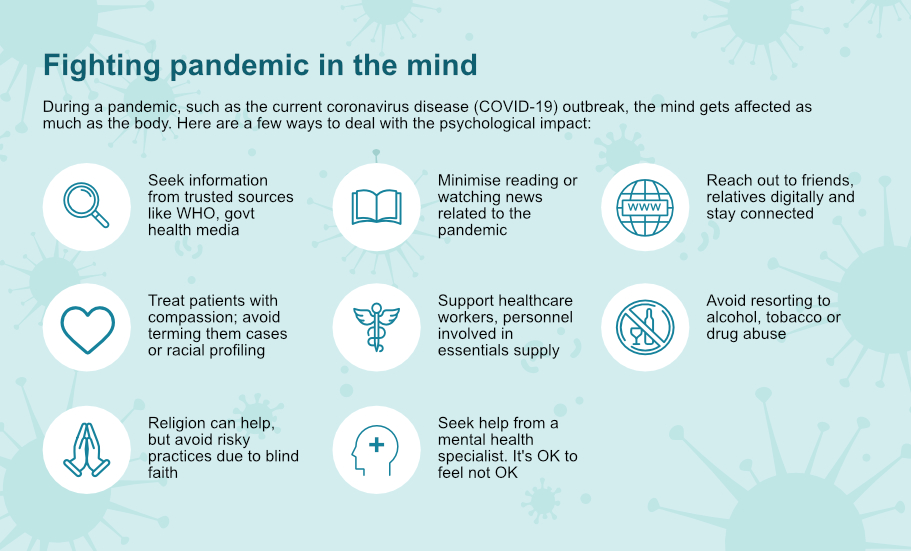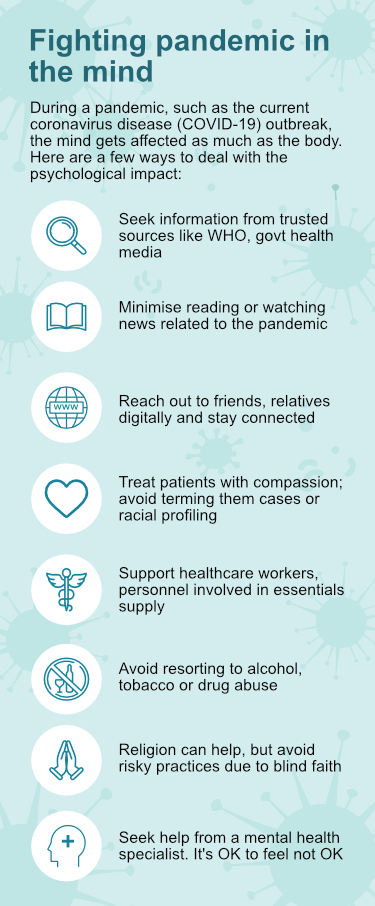
- Home
- India
- World
- Premium
- THE FEDERAL SPECIAL
- Analysis
- States
- Perspective
- Videos
- Sports
- Education
- Entertainment
- Elections
- Features
- Health
- Business
- Series
- In memoriam: Sheikh Mujibur Rahman
- Bishnoi's Men
- NEET TANGLE
- Economy Series
- Earth Day
- Kashmir’s Frozen Turbulence
- India@75
- The legend of Ramjanmabhoomi
- Liberalisation@30
- How to tame a dragon
- Celebrating biodiversity
- Farm Matters
- 50 days of solitude
- Bringing Migrants Home
- Budget 2020
- Jharkhand Votes
- The Federal Investigates
- The Federal Impact
- Vanishing Sand
- Gandhi @ 150
- Andhra Today
- Field report
- Operation Gulmarg
- Pandemic @1 Mn in India
- The Federal Year-End
- The Zero Year
- Science
- Brand studio
- Newsletter
- Elections 2024
- Events
- Home
- IndiaIndia
- World
- Analysis
- StatesStates
- PerspectivePerspective
- VideosVideos
- Sports
- Education
- Entertainment
- ElectionsElections
- Features
- Health
- BusinessBusiness
- Premium
- Loading...
Premium - Events

With COVID-19, we also face a 'pandemic' of anxiety
A pandemic is not a public health issue alone — but economic and social as well. Incorporating cultural and social aspects into the scientific efforts by public health authorities coupled with people’s support can go a long way in fighting coronavirus.

Very few incidents in the history of mankind have impacted our societies across cultures the way infectious disease outbreaks have. Yet not much attention has been given to these occurrences once they subside. Pandemics have annihilated societies, wiped out populations, but at the same time, paved the way for innovations and advances in political systems as well as science and...
Very few incidents in the history of mankind have impacted our societies across cultures the way infectious disease outbreaks have. Yet not much attention has been given to these occurrences once they subside.
Pandemics have annihilated societies, wiped out populations, but at the same time, paved the way for innovations and advances in political systems as well as science and technology.
There is, however, little knowledge or evidence how they might have shaped psychiatry. For instance, what was the impact of Spanish flu, also known as the 1918 flu pandemic? There are speculations about its influence on the writings of Austrian psychiatrist and founder of psychoanalysis, Sigmund Freud. (Freud’s daughter Sophie had died from complications resulting from the Spanish flu that ravaged Europe.)
COVID-19 and mental health
The psychological impact of infectious disease outbreaks resulting in an epidemic or pandemic usually depends on people’s perception. The anxiety over infectious disease outbreaks like the SARS, H1N1 Flu, Ebola was very much palpable in several parts of the globe. But the outbreak of Coronavirus has unleashed an unprecedented wave of panic. Even though the anxiety over COVID- 19 will swell and subside, much like the outbreak of the infection itself, its psychological impact is likely to be significantly serious.
The impact on mental health starts with layers of misinformation, preying on uncertainty, swelling doubts harbouring in the limbic system — centre for processing emotions in the brain — mainly through news and social media. The unfiltered flow of (mis) communication metamorphoses into mass panic which can pose a threat to the coping resources of a person or an entire community.
Historically, there has been a deep connection between ingrained fears of contagion and unreasonable behaviour. But there are a few common clinical themes in the event of a pandemic. Sleeplessness is one of the initial results and sleep restoration would do a great deal of good in such scenarios. One could observe a paradigm shift in the mindset — from ‘living’ to ‘survival’ associated with feelings of hopelessness, despair in the midst of a pandemic.
People also tend to fear for the lives of their loved ones, decreased financial and job securities, social withdrawal and loneliness. There are individuals who experience increased health anxiety resulting in the burdening of the healthcare system. People suffering from mental health conditions like anxiety disorders, obsessive compulsive disorders (OCD) and depression can have exacerbation of their conditions.
It is important that during such crises governments encourage mental health professionals to use digital platforms/tele-psychiatry services to cater to the needs of this vulnerable population.
What to do and what not to
COVID-19 has affected populations irrespective of race, creed, religion or ethnicity. It is imperative that we do not label the affected people as “Corona cases or COVID-19 cases”. Instead, use “People who have COVID-19”. They need our support, compassion, kindness and it is unjust and cruel to stigmatise them.


One should minimise listening to, reading or watching news related to the pandemic, if that makes them anxious or distressed. Limiting the use of media and increasing quality time with family become essential in combating distress.
Seek information from trusted sources like the World Health Organization, Centres for Disease Control and local health authorities. Reach out to friends and relatives over phone or email to check on them and stay connected.
As much as we are evolutionarily biased towards negativity, it is also imperative we share positive stories of persons who have recovered from the infection. Do not resort to unhealthy coping strategies like abusing alcohol, tobacco or other drugs.
It is also necessary to explain to children the situation in simple yet optimistic terms so that they understand the science behind this and feel secure.
Acknowledge and honour the healthcare workers, essential workforce across all fields who are doing their best to keep everyone safe by not hoarding protective gears like masks.
Healthcare workers are usually overwhelmed during times of pandemic which is quite expected. It is okay to feel not okay during such a time as this. But taking care of your mental health and psycho-social wellbeing is as important as your physical health.
Taking adequate rest, eating sufficient, engaging in physical activity between shifts is absolutely essential. Staying connected with family and loved ones digitally would be a necessary buffer during this battle as the impact of psychological distress is also on the family. It is well within one’s right to get access to protective equipment during patient care and do not hesitate to reach out to your superiors for that. Using simple language for communication with accurate information goes a long way in spreading awareness among team members and general public.
We are human, after all
Quarantine is a public health policy measure that can create an imbalance between individual rights and community benefits. The concept of quarantine — as a resort to protect against the outbreak of contagious diseases — existed since the medieval period, even before the days of Mary Mallon, infamously known as Typhoid Mary, who was quarantined for more than two decades in the last century.
Public health officials should emphasise the ‘altruistic choice’ of self-isolation, as altruism is any day better than compulsion due to the lesser amount of distress associated with it.
One of the less dramatic yet very effective measures is social distancing. Even though work from home is a new concept for many in India who may have apprehensions about its practicality, one needs to look at the brighter side of things. Evolutionarily, it is not the most intelligent or the strongest of the species that survive, it is the ones which adapt well. Hence, we humans, as highly evolved species, should adapt to these changing times. Working from home successfully involves creating a schedule that mirrors our daily routine.
Individuals have a sense of interpersonal isolation and efforts must be made to make them feel they are not alone. Utilisation of humour through pop culture memes is a coping mechanism employed to process this difficult situation, as long as it does not spread misinformation.
Coronavirus has relatively ‘high infectivity and low mortality’. Hence, the practice of social distancing may not be what people desire, but it is what our country needs in the fight against this virus.
It’s important to remember that resorting to spirituality in times of uncertainty may definitely offer solace and hope for humanity at large, but it is also imperative that people do not resort to risky, unscientific practices due to blind faith.
Ultimately, the key to combat any crisis lies in how we react to the situation. Wiser societies look at taking important measures at individual levels as well. As they say, a genuine change must first come from within the individual.
A pandemic is not a public health issue alone — but economic and social as well. Incorporating cultural and social aspects into the scientific efforts by public health authorities coupled with people’s support can go a long way in fighting coronavirus.
(The author is a psychiatrist at Sri Ramachandra Medical Centre, Chennai, and member of World Psychiatric Association)
